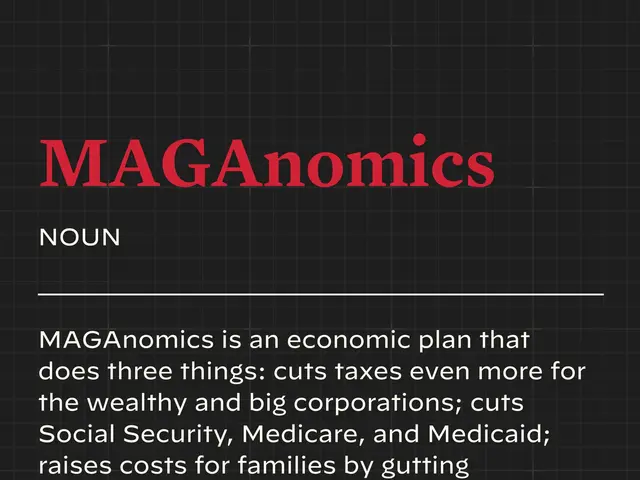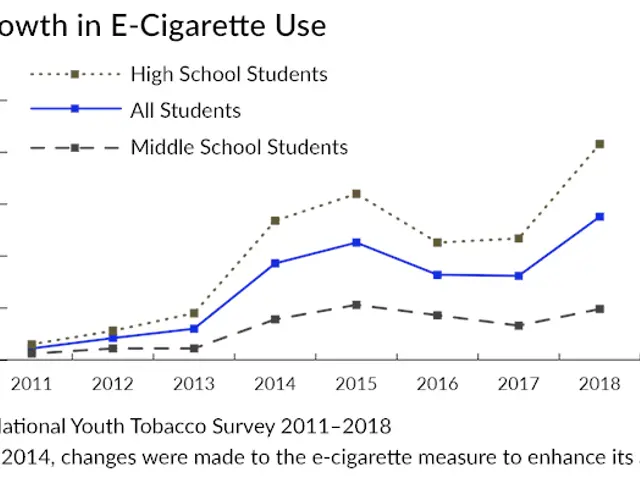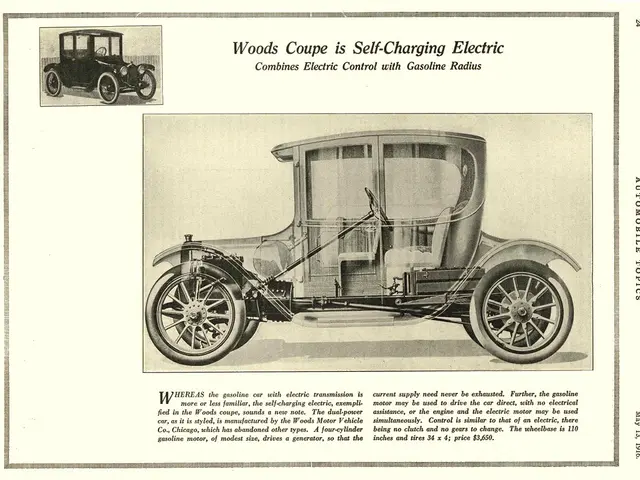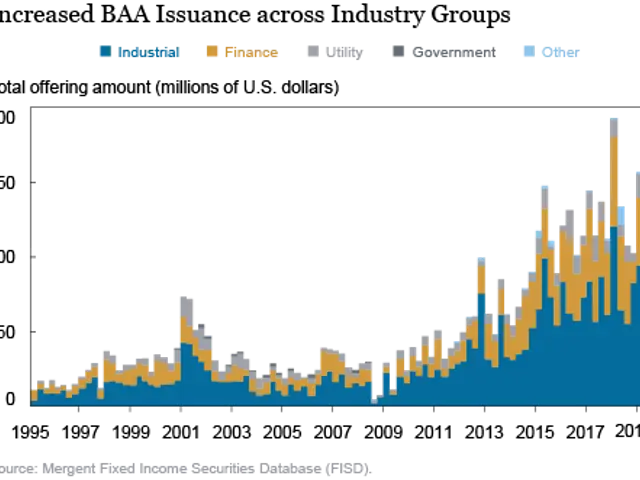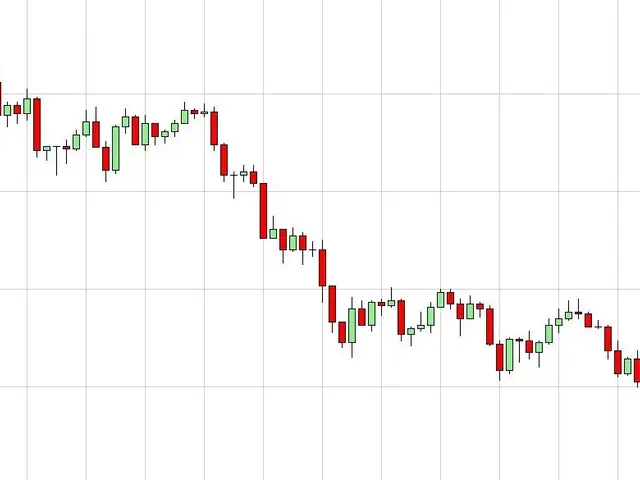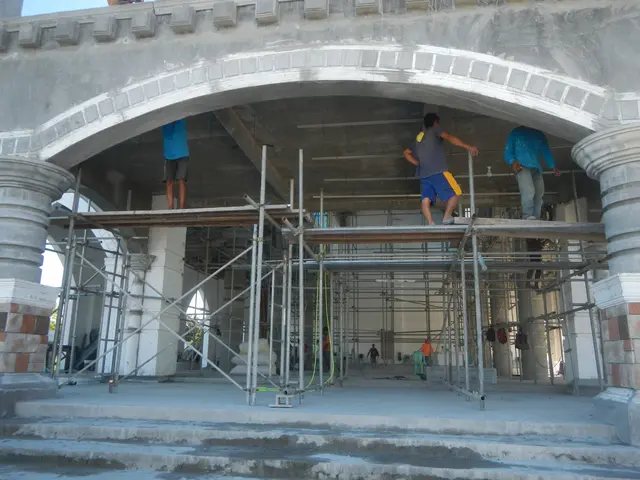Austrian savers question why banks resist raising deposit rates amid ECB hikes
Austrian savers are puzzled as banks seem reluctant to fully pass on higher mortgage rates, despite the European Central Bank (ECB) raising its benchmark rate to two percent. This comes as inflation, driven by soaring energy costs due to the Ukraine crisis, surged to around four percent in Austria last month.
Interest rates in Austria have been near zero since 2008, but they started to rise in 2022. For term deposits, rates vary by duration: 1.25 percent for six months and 1.48 percent for 36 months. However, even these returns struggle to keep pace with inflation.
Some banks, like PNC Bank and US Bank, directly pass on the central bank deposit rate to their customers. Yet, the average interest rate on instantly accessible digital savings accounts remains low at 0.45 percent. This has led to questions about why banks aren't fully passing on higher mortgage rates.
Banks' reluctance is attributed to strategic choices and structural market conditions. Despite Austria's high savings rate, expected to reach around €34 billion this year, banks may be cautious about fully passing on rate increases due to competition and profit margins.
The future of savings behavior in Austria will depend on monetary policy and fiscal dominance. While savers may be disappointed with current returns, they can explore different banking options and term deposits to make the most of higher mortgage rates. Central banks and regulators may also need to consider further interventions to ensure fair interest rate transmission.
Read also:
- India's Agriculture Minister Reviews Sector Progress Amid Heavy Rains, Crop Areas Up
- Sleep Maxxing Trends and Tips: New Zealanders Seek Better Rest
- Over 1.7M in Baden-Württemberg at Poverty Risk, Emmendingen's Housing Crisis Urgent
- Life Expectancy Soars, But Youth Suicide and Substance Abuse Pose Concern

